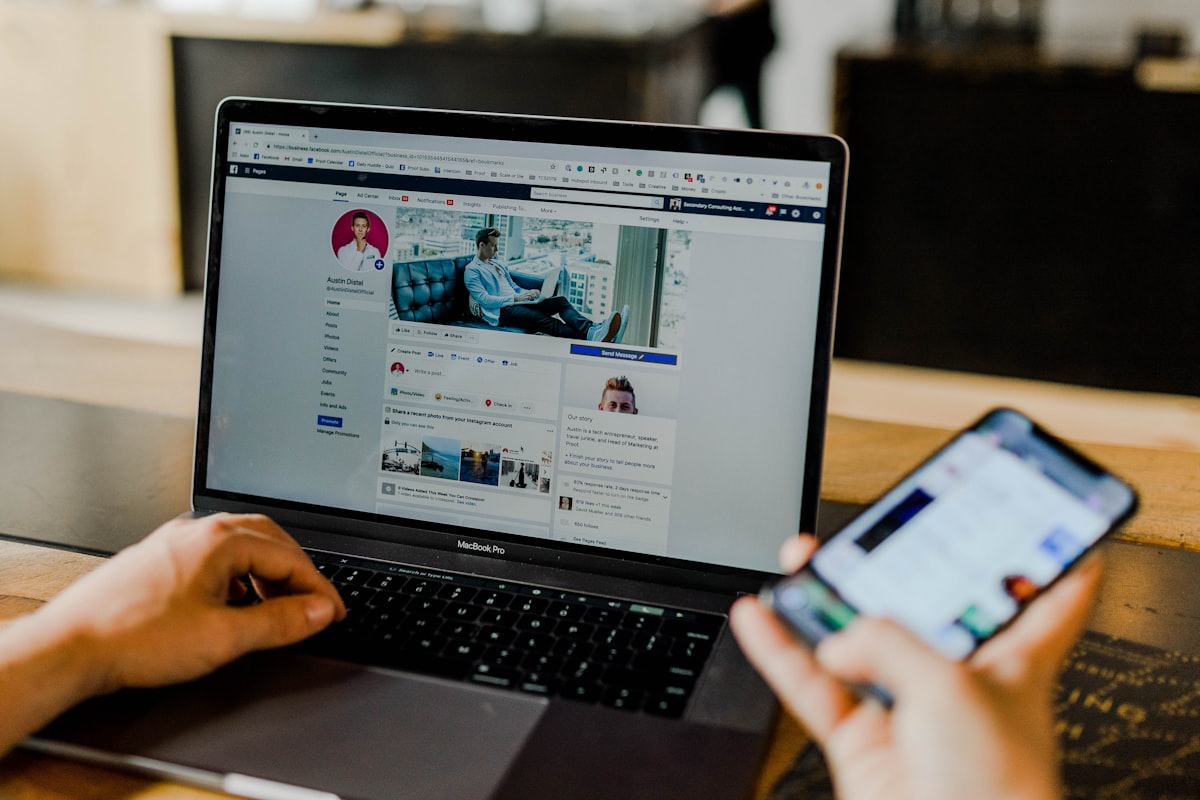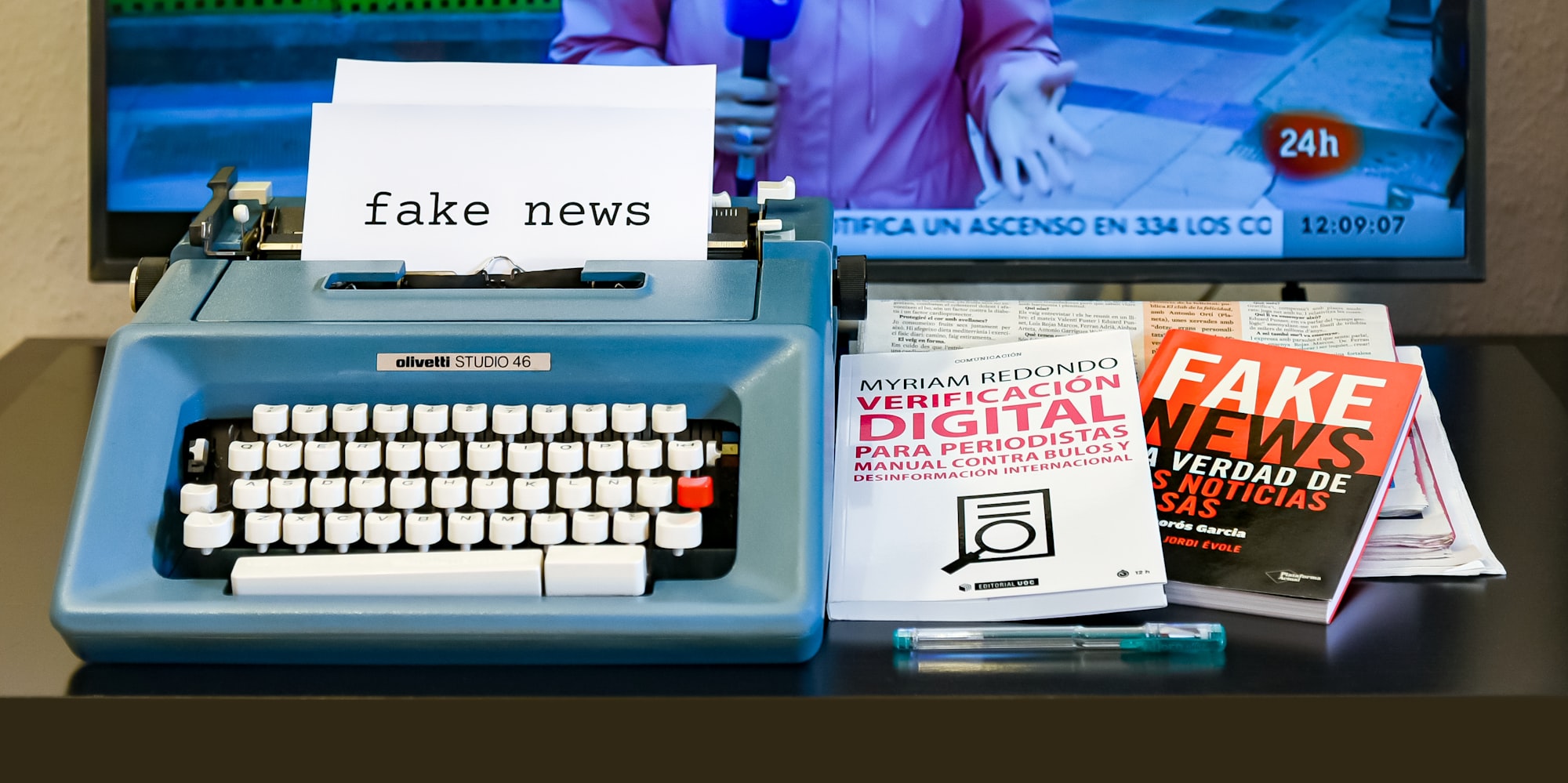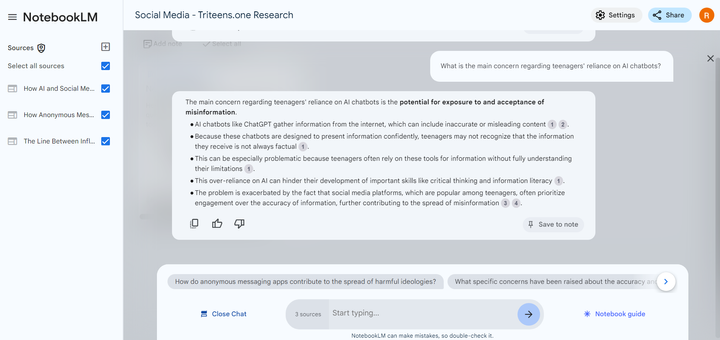The Line Between Influencers and Professionals: How influencers affect teenagers

In this day and age, TikTok and other social platforms dominate the media that Teenagers use every day. Within these platforms, individuals identifying as "influencers" often provide advice and additional information to teenagers. There is a growing reliance on these individuals to provide our everyday information. But should that be the case? Well, in this article we will explore the influencer economy, social media, and their effects on teenagers.
A study from the University of Barcelona (Originally in Spanish, a translated version accessed through ProQuest) explores how influencers operate and what their style is when it comes to producing content. They even explicitly state that videos are often never made for professional purposes and often are just for entertainment. They explained that only some teenagers are actually successful in becoming professionals in their industry. That means that there is still a lot of content that is purely out for entertainment and money, which might mean they resort to lying or providing misleading information.
This study also brings up an important point, that some teenagers might look at other influencers and be led to believe they can have the same level of success, but it's actually very rare for this success to occur. Social media has tons of negative effects from said "professionals" such as giving false or unchecked diet advice. According to a statement from senior researcher Lizzy Pope "Each day, millions of teens and young adults are being fed content on TikTok that paints a very unrealistic and inaccurate picture of food, nutrition, and health," which further outlines the culture and effect influencers can have on teenagers.
The study brought up numerous examples of the top most-watched videos being misleading and advice that isn't actually checked by professionals. This harmful advice is just some of thousands and thousands of content throughout social platforms that continue to spew false information. But there are ways to differ between a professional and an influencer.
First off, a professional will have their information available on LinkedIn or some other professional platform. Professional advice is also sometimes peer reviewed and double-checked. If you are hearing advice from them that you want to follow, first look it up and see if there are some good sources online verifying these claims. Additionally, a professional is not worried about their followers, their asset is their skill. They are on the platform to spread correct and verified information, and they may even cite and give proper reasoning for their statements (still good to double-check this information).
Now we have an influencer, these people might give genuine advice, but keep in mind that their asset isn't their skills, it's their audience. They are there to get likes, views, and followers. They might even be trying to sell you something. Follow influencers you like, but keep in mind to verify the claims they make if you decide to believe them. It's like if your friend told you a rumor and you believed it because just one person said it. If you wouldn't believe it in real life, then why would you believe it online?
Now, I can't pin the blame on you, as social platforms are mainly at fault. In the study mentioned in the article from The Swaddle, they mention that TikTok itself would rather promote this false and misleading content than genuine and factual content. These social companies' greed for money is more than their interest in consumer safety and ensuring the people that use their platforms are not being harmed. Our generation is constantly being bombarded with different information, and it would make our lives a whole lot easier if TikTok did something to help that.
But not all influencers are bad, there are many that are genuinely spreading a positive change on the platform. We can't just look at the few that make the platform a bad place. In fact for those influencers, there's a special brand of influencers who specialize in "debunking videos" which tackle these myths and fact-check these influencers. A study published by Harvard actually found that there was somewhat of an efficiency in showing misinformation and then fact-checking that information. They said it not only fact-checks the actual video but also tells people what sort of information to look out for and makes them better online citizens. If you are interested in stopping misinformation from getting to you, then follow this article.

What we can conclude from all of this is that there is a growing need for accountability on platforms like TikTok, and the amount of misinformation is further spread by the algorithms these platforms rely on. We can stop all of this by becoming better internet citizens ourselves and putting a stop to false information being spread online. This involves reporting accounts, double-checking statements, and numerous other methods explained in the post below.
Find an issue with this article? Message us at [email protected] to report it!





